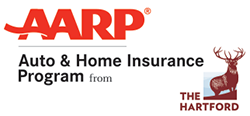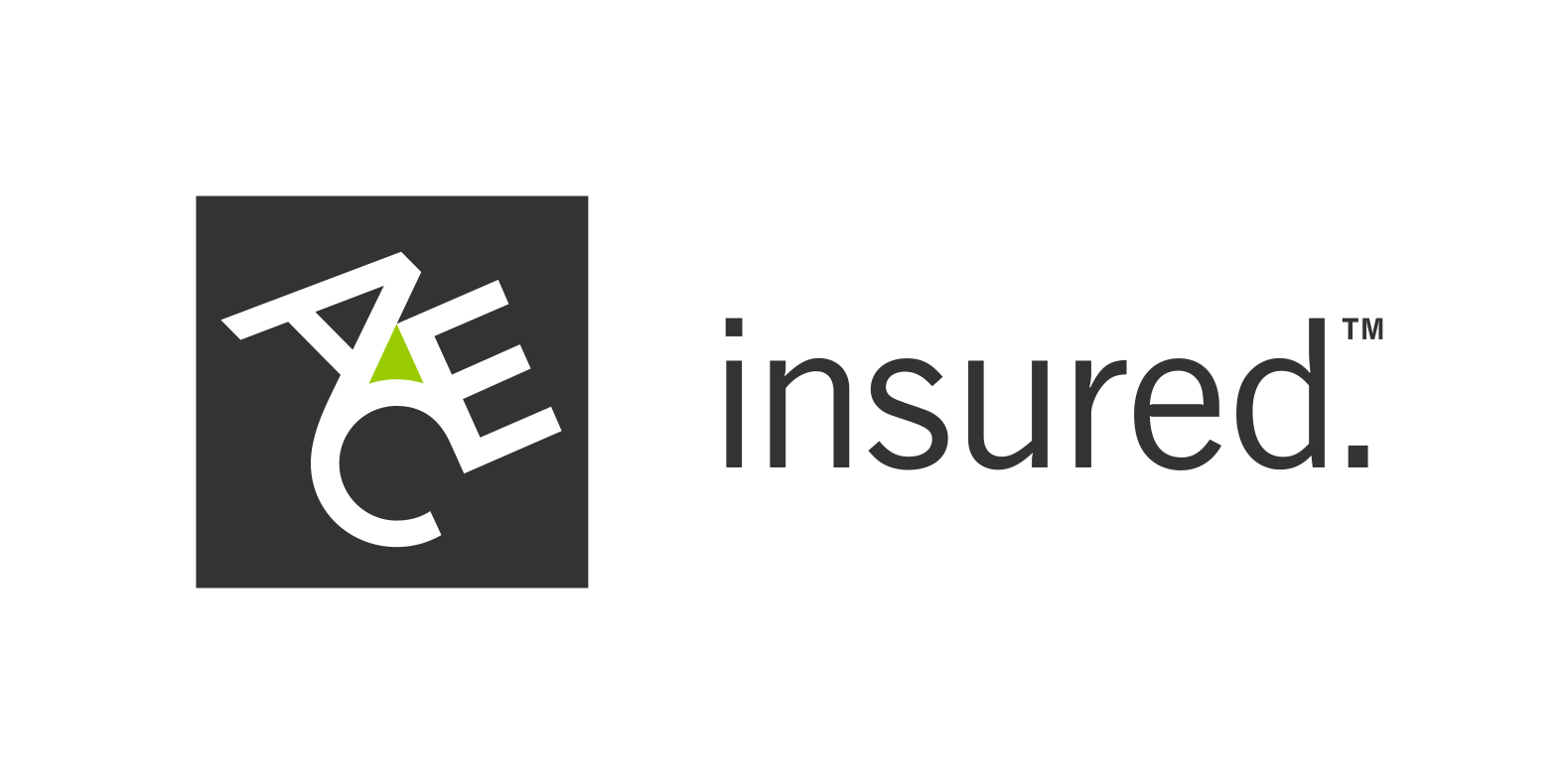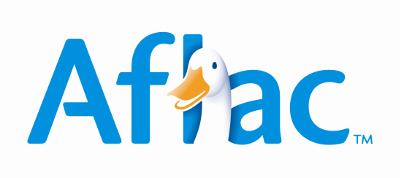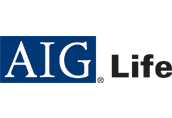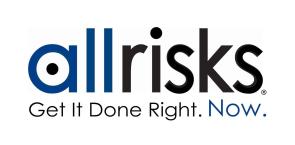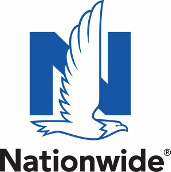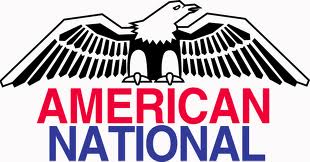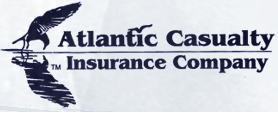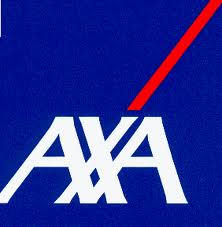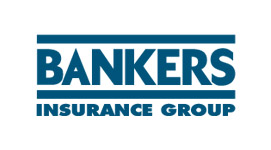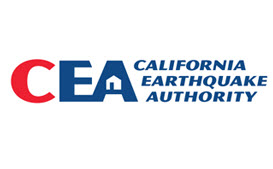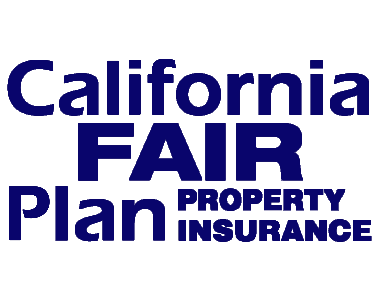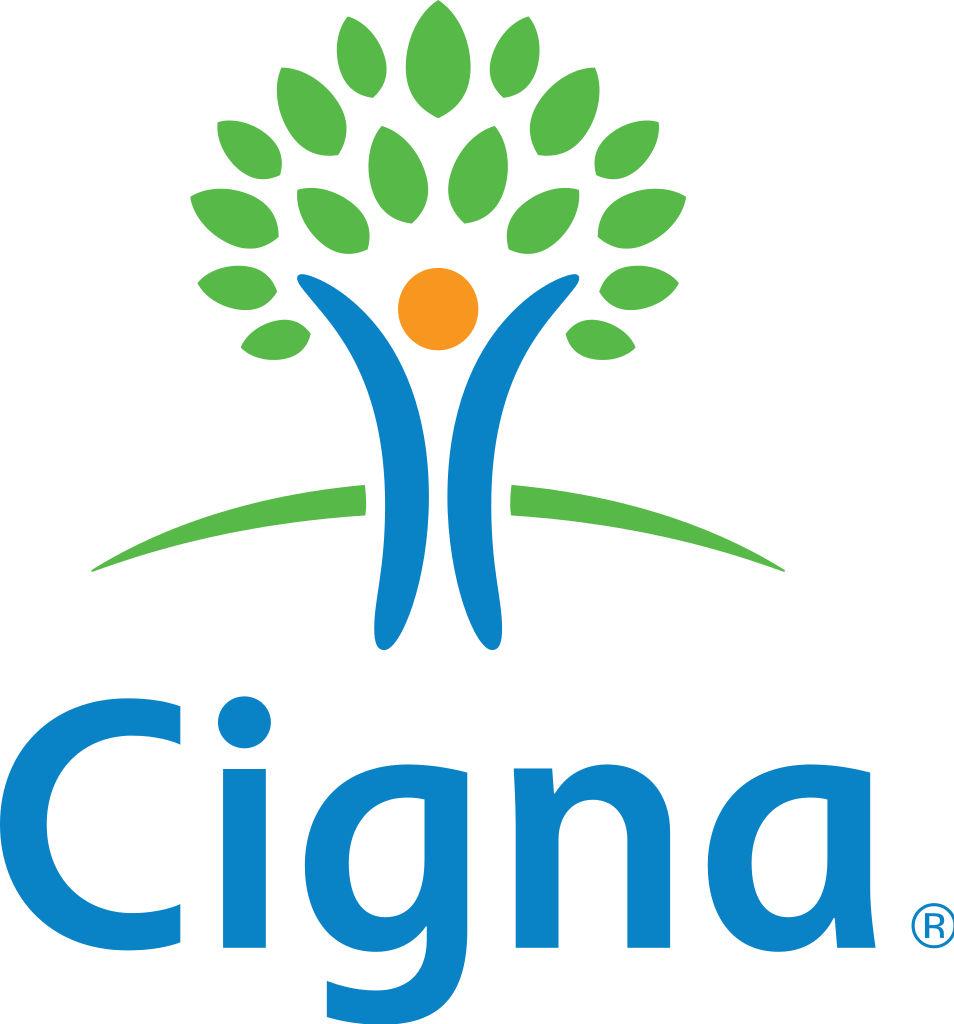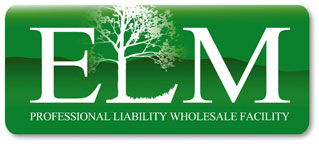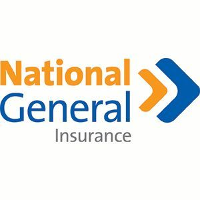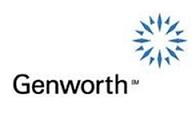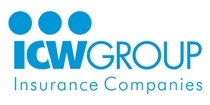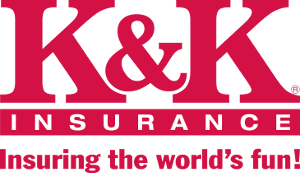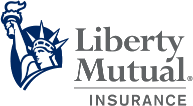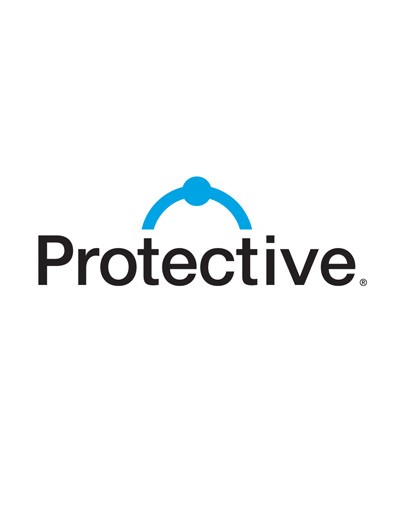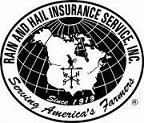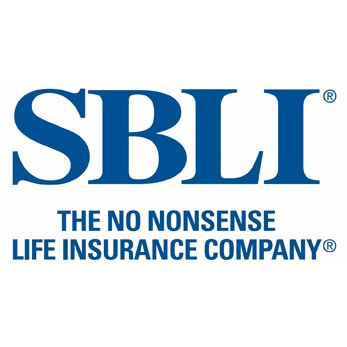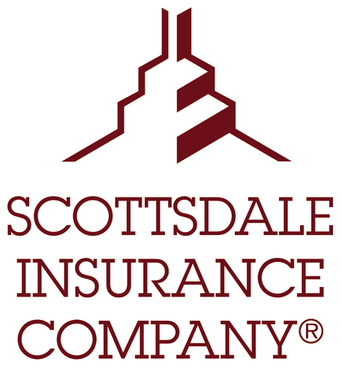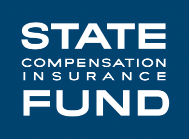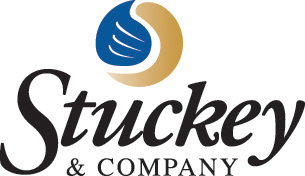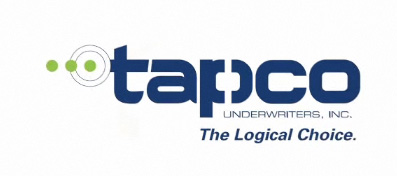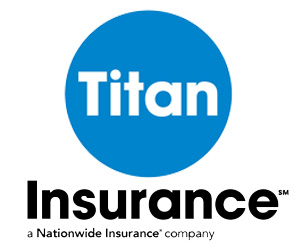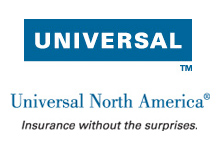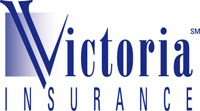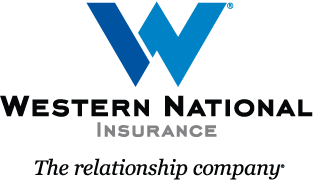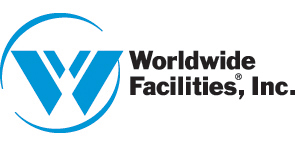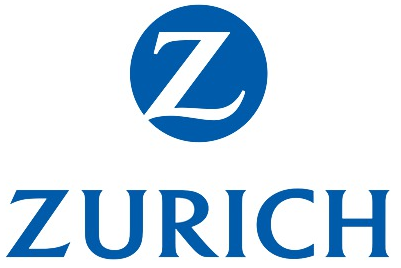This coverage will pay on your behalf those injuries sustained by others for which you are legally liable. This coverage does not provide protection for damage to your vehicle.
The coverage amounts are listed as a pair of dollar figures, such as $100,000/300,000. The first figure is the amount of coverage provided per person. The second figure is the amount of coverage provided per accident. Your insurance broker will work with you to determine the best limits suited for your financial needs.
Medical Payments
This coverage pays for your medical expenses incurred as the result of an automobile accident regardless of fault.
Property Damage to Others
This coverage protects you from lawsuits resulting from accidents that are your fault and which cause damage to the property of others. Property damage liability is required in all states.
Please note: Most companies require this coverage amount to be less than the per-person limit for bodily injury liability.
Uninsured and Underinsured Motorist Bodily Injury
This pays for your injuries caused by a driver who has no insurance, or has less bodily injury coverage than you have. The amounts are listed as a pair, such as $100,000/$300,000. The first amount is the most any one person may recover in an accident; the second amount is the maximum amount all people may recover in an accident.
Uninsured and Underinsured Motorist Property Damage
This pays for property damage to your property caused by people who are not insured. If you select Collision for your vehicle, this will pay your Collision Deductible when an uninsured motorist damages your vehicle. If you do not select Collision, this will pay up to $3,500 for damage to your vehicle caused by an uninsured motorist. This coverage is only available if you also select uninsured motorist bodily injury coverage.
Comprehensive Deductible
Comprehensive coverage will pay for repairs to your automobile in the event of damage from causes other than collision, such as fire or theft, regardless of fault. The selection list gives you a choice of deductibles. This amount will be deducted from the amount the insurance company pays you in the event of a covered loss.
Collision
Collision coverage pays to repair your automobile in the event of collision damage, regardless of fault. Collision covers damage from contact with physical objects such as another vehicle or a wall. The selection list gives you a choice of deductibles. The amount you choose will be deducted from what the insurance company pays you in the event of a covered loss.
Rental Coverage
If you are unable to use your car due to an accident, this coverage will pay all or part of your rental car costs. Coverage amounts vary for different insurance companies. Please consult with your broker for more information.
Towing and Labor
This coverage pays for the cost to tow your vehicle in the event of an accident. Coverage amounts vary for different insurance companies. Please consult with your broker for more information.
Antitheft Devices
These security features could qualify you for credit because you’ve reduced your risk by installing:
- Alarms and active disabling devices (systems that you need to turn on)
- A passive disabling device (automatically kicks in when you remove the key from the ignition)
- Keyless devices (like a remote door lock on your key chain)
- Tubular locks (like a bar that locks on your steering wheel).
Steering Wheel Lock: A long metal bar with a lock that fits on the steering wheel and is designed to prevent the steering wheel from being turned. Also acts as a visual deterrent for thieves looking in car windows.
Average Cost: $25 to $100
Benefits:Inexpensive way to keep would-be thieves away. Especially good device to use when layering protection.
Car Alarms: The typical car alarm is equipped with motion sensors, impact sensors and a loud siren or series of tones in the 120-decibel range.
Average Cost: $150 to $1,000
Benefits: The best alarms arm themselves automatically when you leave the vehicle and include an automatic kill switch. The best models also flash the headlights and honk the horn in addition to sounding a siren.
Kill Switches: Kill switches prevent the flow of electricity or fuel to the engine until the switch is activated. Starter disablers are also growing in popularity.
Average Cost: $10 to $125
Benefits: It’s a hidden switch that needs to be flipped on for the car to start. For their effectiveness as a security device, kill switches are for the most part inexpensive and easy to install.
Electronic Tracking Devices: An electronic transmitter hidden in the vehicle which emits a signal that is picked up by the police or a monitoring station.
Average Cost: $400 to $1,500
Benefits: Very effective in helping authorities recover vehicles before they can be stripped or chopped up.
Electronic Keys: Some car manufacturers have pre-installed electronic anti-theft systems that allow the vehicle to operate only with a correctly coded key.
Average Cost: Standard item in some models.
Benefits: Systems are virtually invisible to thieves, easy to use and reliable.
Steering Column Armored Collars: Collars prevent thieves from breaking into the steering column to hot-wire the vehicle. Some are installed permanently and others must be installed manually each time the driver leaves the vehicle.
Average Cost: $100 to $200 installed
Benefits: The collar provides an excellent line of defense for vehicles which can be easily stolen by breaking open the steering wheel column.
Tire Locks: Similar to the circular steel “boots” used by many larger city police departments, tire locks make the car nearly impossible to move. The tire locks are also effective in deterring would-be thieves.
Average Cost: $80 to $200
Benefits: Greatly hampers thieves who are looking to make a quick getaway. Not only is the tire lock a strong visual deterrent, but it also provides a formidable challenge for would-be car thieves.
Window Etching: Etching the vehicle identification number onto the window as well as other parts of the car discourages thieves from taking the vehicle and also aids in recovering the vehicle if it is stolen.
Average Cost: $20 to $100 (Some vehicle theft prevention groups provide etching for free.)
Benefits: Chop shop rings thrive on vehicles that have easily removable VINs or none etched on at all. By etching the VIN on important parts of the vehicle, you make your vehicle less attractive to thieves.
Credit History Factor
Your credit rating may affect what you pay for insurance. Credit makes insurance rates more accurate, fair and objective. While the use of insurance scoring varies from state to state and company to company, it is a fact that drivers with long, stable credit records have fewer accidents than drivers who don’t. Most people have good credit histories, so most people benefit.
Primary Operator
The person who drives the car most often.
Annual Mileage Driven
Rates can be affected by the amount a vehicle is driven.
Convicted DUI or DWI in past 7 years
DUI and DWI are convictions you have receive as a result of driving under the influence of any type of alcohol or drugs. Please provide an honest answer to receive an accurate quote. Insurance companies always check a drivers Motor Vehicle Records prior to providing insurance coverage.
Do You require an SR-22
If you’ve ever had a suspended license, been convicted of a major moving violation, or been involved in an accident while uninsured, you may be required to file a Financial Responsibility form, or SR-22 filing, with your state’s Department of Motor Vehicles. Most insurance companies will only provide SR-22 filings for the policyholder and his or her spouse.
Moving Violations
Rates can be affected if a driver’s license was revoked or suspended for any reason in the last 3 years.
Accidents
If you’re unsure on the exact dates of any violations or accidents, don’t worry. The provider will double-check. But any errors they find may affect the quote you’ve been given.

